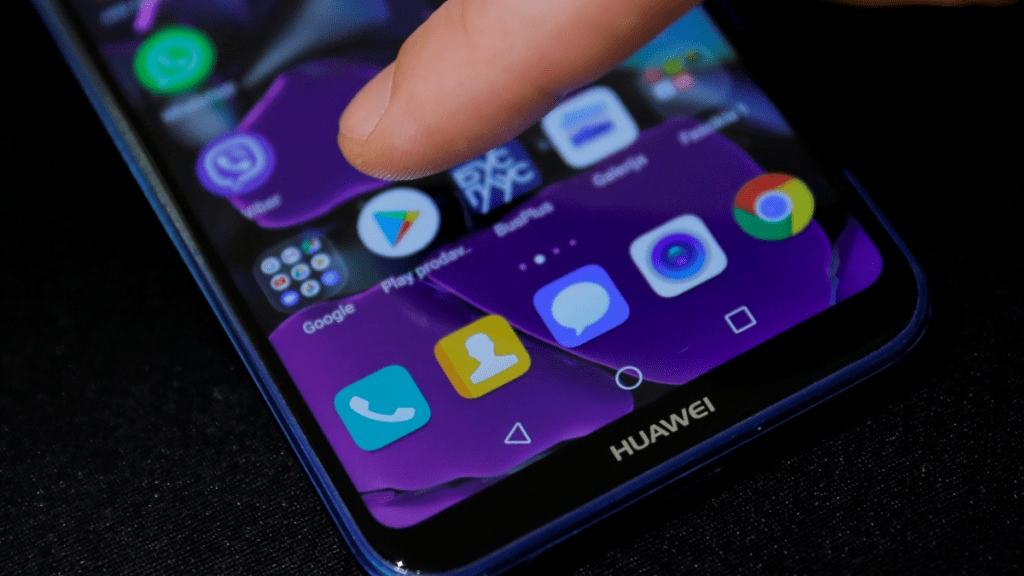It’s not that only homegrown micro-blogging platform, Koo had to down shutters recently due to funding issues. Voice-based social networking platform, Hoote (now Huut), launched by Soundarya Rajinikanth has gone inoperative just over two years since its inception. Similarly, even Arattai, a chat and calling app, launched by Sridhar Vembu’s Zoho Corporation as an alternative to WhatsApp has failed to gain traction with just over 100,000 downloads since its launch in 2021.
While Hoote has not made any official announcement regarding its app status, it neither accepts new user sign-ups nor allows existing users to log in.
In October 2021, Soundarya launched Hoote along with her co-founder and serial entrepreneur Sunny Pokala, whose company Amtex Systems developed the app and several others including Kaavalan, the Tamil Nadu Police’s official mobile safety app.
At a grand event in Chennai, Soundarya claimed Hoote as India’s first voice-based social media platform for the world. The app, which was available in 15 native Indian languages, allowed users to post 60-second live voice recordings or upload recorded voices. Kollywood superstar Rajinikanth himself posted the first audio message on the platform saying, those who can’t read or write can now convey their emotions as voice messages.
It saw a flurry of celebrities including music composer AR Rahman to industrialist Anand Mahindra, Tamil Nadu Chief Minister MK Stalin, cricketer Gautam Gambhir to name a few. Hoote also roped in Freshworks founder Girish Mathrubootham and Arvind Parthasarathi, a tech entrepreneur from Silicon Valley, as advisors.
However, neither the network effect of popular personalities nor its uniqueness as a ‘voice-based’ social media platform could attract users to the platform. As of now, the app only had 100,000 Play Store downloads. Koo, in contrast, had 2.1 million daily active users and about 10 million monthly active users at its peak.
Harish Bijoor, business & brand strategy expert, said a social media app does not require a celebrity launch or industrialist backing to be successful.
“A social media platform requires engagement, which is a function of the chemistry that is created between the app and the user. The user is looking for ubiquity, ability to showcase thoughts and even a voice online and to get the traction from millions of users,” he added.
That chemistry is something Hoote lacked from the very beginning. Just like Koo, Hoote was also launched at a time when global social media platforms like Twitter and Facebook were at frequent clash with the Indian government over content moderation. The app projected it as an alternative to the text-based social media platforms focussing on urban users and non-english speaking population. Just like any other social media apps, Hoote also saw a few thousand user sign ups after the launch before hitting the ground.
Nikhil Pahwa, founder of MediaNama, describes it as a “tourist problem” faced by social media platforms, where users sign up, explore the platform, stay for a few days, and then leave.
He cites the example of Airchat, a new voice-based social media platform launched by venture capitalist Naval Ravikant, which is currently experiencing the tourist problem.
“During Covid, people spent hours listening to audio conversations, so Twitter launched Spaces, copying Clubhouse. But after Covid, people went back to work and socialising, so the demand for these apps declined,” he added.
Pahwa also noted that social media only fills the gap in people’s lives between the things they are doing every day. “When our lives become full, there is less time. After all, how many social media apps can one use on a daily basis?” he asked.
An email sent to Amtex CEO Pokala remains unanswered till the press time.








